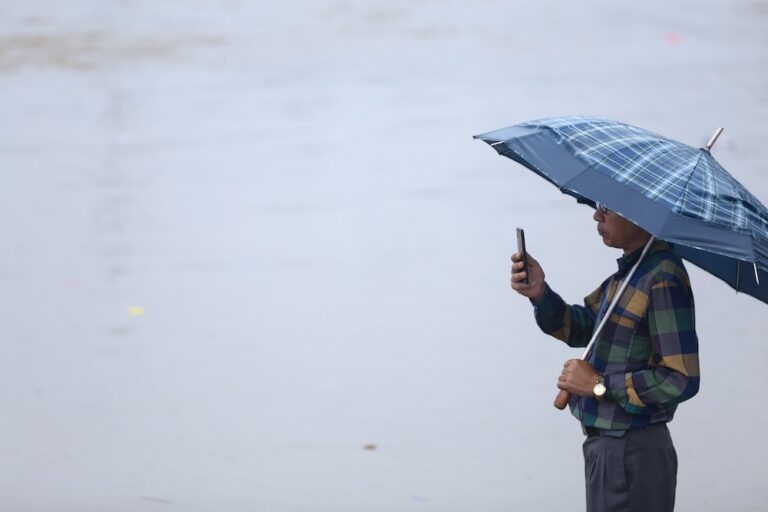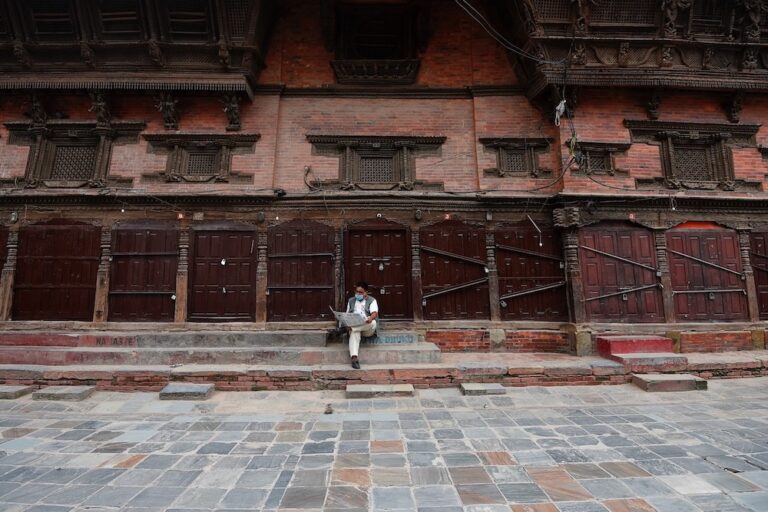(CEHURDES/IFEX) – On 24 February 2003, the daily “Nepal Samacharpatra” reported that Dipak Bahadur Thapa, the daily’s local reporter in the far-western district of Achham, has been held hostage by Communist Party of Nepal (CPN-Maoist) cadres for the past three months. The CPN-Maoist village level “people’s government” has reportedly prevented Thapa from leaving his village, […]
(CEHURDES/IFEX) – On 24 February 2003, the daily “Nepal Samacharpatra” reported that Dipak Bahadur Thapa, the daily’s local reporter in the far-western district of Achham, has been held hostage by Communist Party of Nepal (CPN-Maoist) cadres for the past three months. The CPN-Maoist village level “people’s government” has reportedly prevented Thapa from leaving his village, Thapsa Gaon. The reporter has been warned of “dire consequences” if he disobeys the CPN-Maoist order.
According to CEHURDES’ sources, the Maoists have accused Thapa of writing against the “people’s war” and supporting the “reactionary government.”
CEHURDES condemns the CPN-Maoist cadres’ action and their refusal to lift the ban on Thapa’s free movement, even after three weeks of cease-fire in the country. CEHURDES urges the CPN-Maoist leaders to ensure the free movement of journalists in CPN-Maoist stronghold areas and asks them to permit reporters to carry out independent news reports.
Background Information
Following the imposition of a state of emergency on 26 November 2001, more than 150 journalists were arrested in different parts of the country. The state of emergency was lifted on 29 August 2002, but more than a dozen journalists remain in detention. Some journalists have reportedly been
physically and psychologically tortured. Several detainees’ whereabouts are unknown. There have been no reports of official charges filed against any of the detained journalists.
The security forces allegedly killed editor Krishna Sen in June 2002 after torturing him in custody (see IFEX alerts of 22 and 16 October, 27 and 8 August, 12 and 2 July, 26 June and 22 Many 2002). Maoist rebels murdered journalist Nawaraj Sharma (see alerts of 23 and 22 August 2002), and journalist Ambika Timsina was killed on 12 December by unknown assailants (see alert of 20 December 2002). The rebels also abducted journalists Demling Lama and Dhan Bahadur Roka (see alerts of 11 and 9 April 2002). Lama managed to escape but Roka’s whereabouts remain unknown.
On 4 October, King Gyanendra assumed all executive powers by sacking Prime Minister Sher Bahadur Deuba. Elections scheduled for 13 November were postponed for an indefinite period. On 11 October, the king appointed a government under monarchist Prime Minister Lokendra Bahadur Chand, granting him limited powers.
On 29 January, the government and Maoists rebels declared a cease-fire for the second time. The first cease-fire had been broken in November 2001 after three rounds of talks.
Since February 1996, CPN-Maoist rebels have been fighting to establish a “people’s republic” and abolish Nepal’s constitutional monarchy. More than 7,000 people have lost their lives in the conflict. Nearly half of the victims were killed after the state of emergency declaration.


